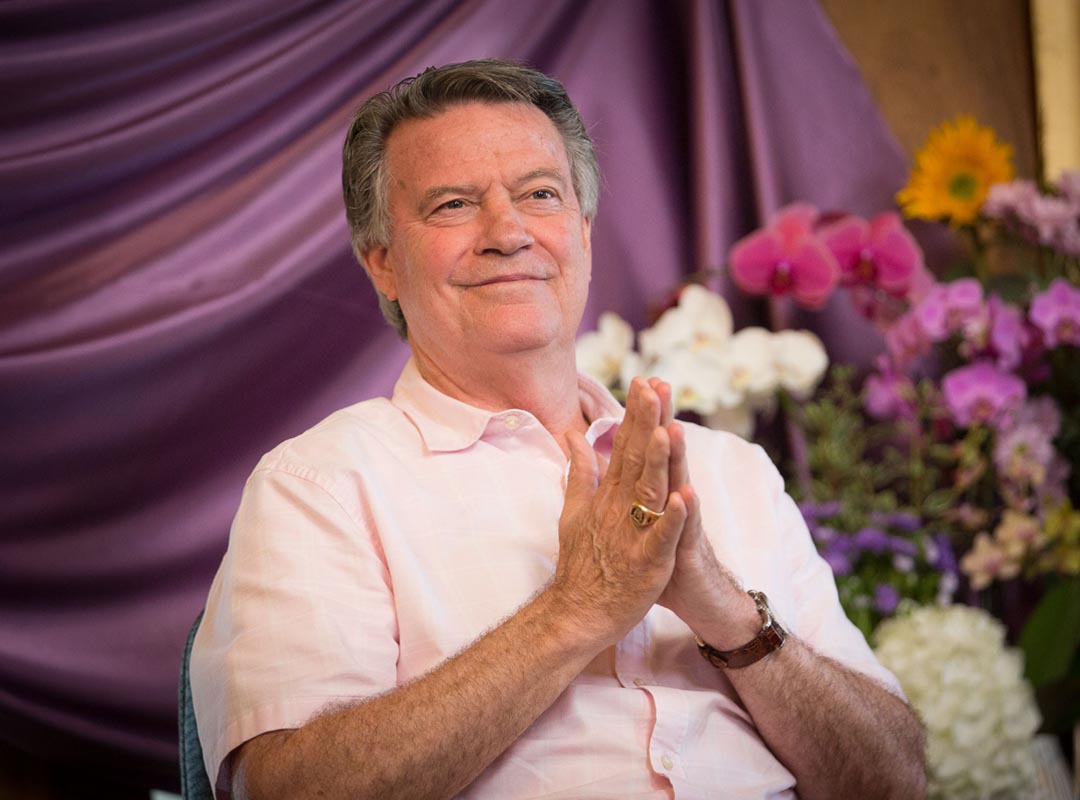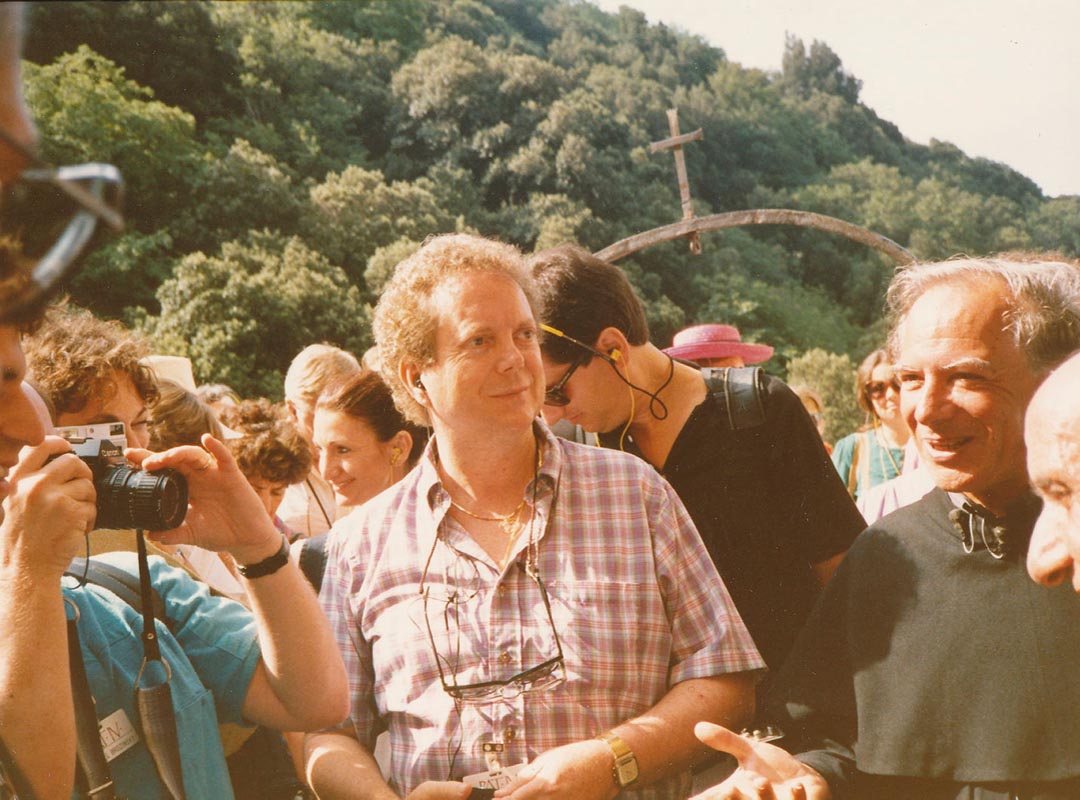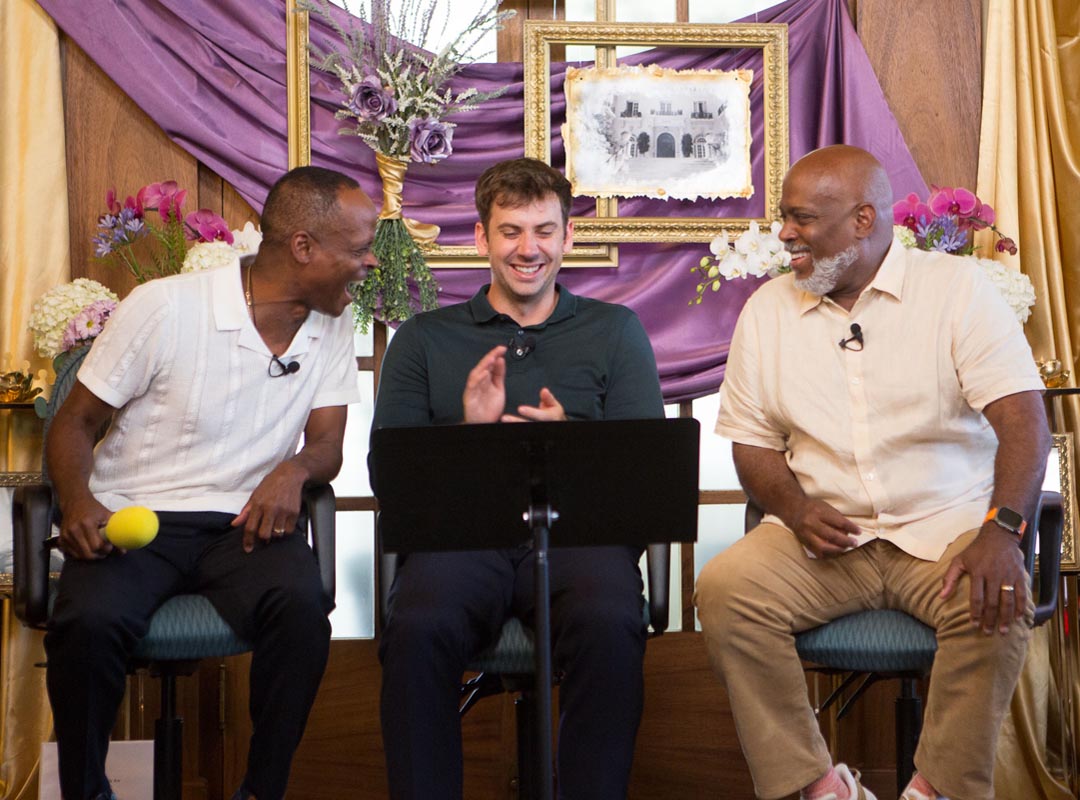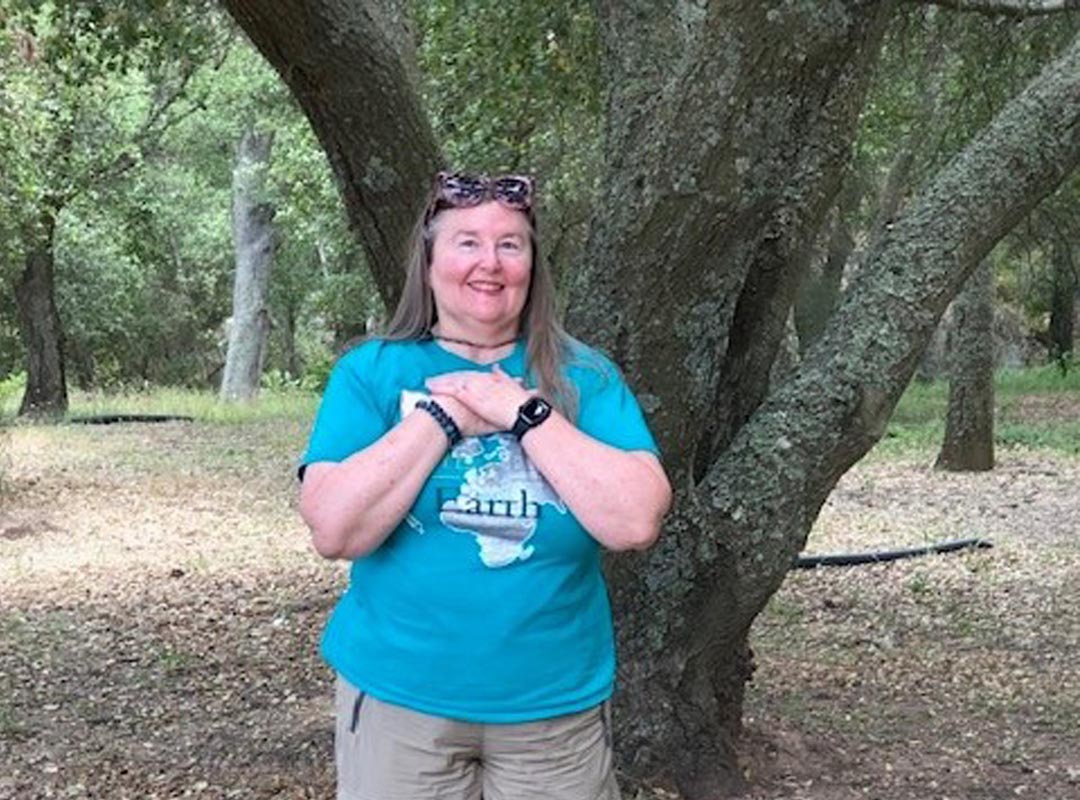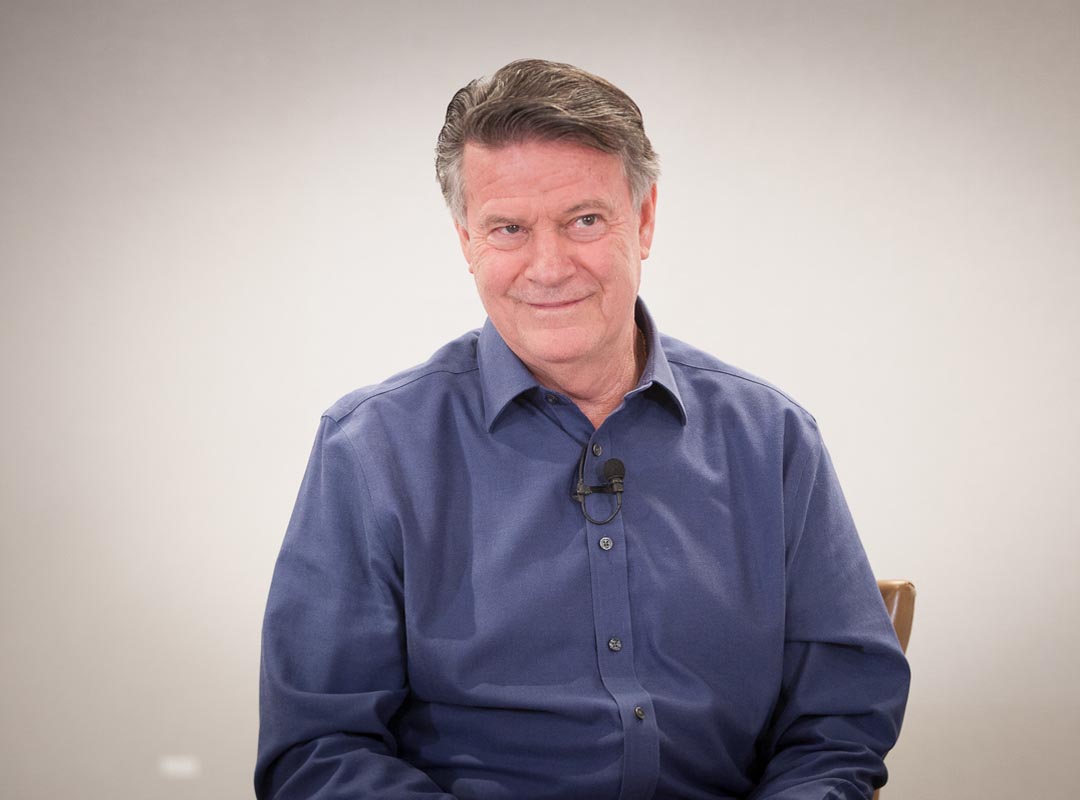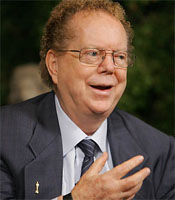 When we deal in the karmic field on the planet here, there are three ways we do it: we create it or we promote it or we allow it. Sometimes the allowing is not doing things and saying, “Well, I didn’t know,” or “How was I to know?” Yet deep down inside of us, we get the strange feeling like we could have known. This is not necessarily we should have (that comes under another way of doing it), but it’s “I could have done that, had I listened inside, had I really paid attention.”
When we deal in the karmic field on the planet here, there are three ways we do it: we create it or we promote it or we allow it. Sometimes the allowing is not doing things and saying, “Well, I didn’t know,” or “How was I to know?” Yet deep down inside of us, we get the strange feeling like we could have known. This is not necessarily we should have (that comes under another way of doing it), but it’s “I could have done that, had I listened inside, had I really paid attention.”
Say you get a dog, which dies when it’s only four years old. Sometimes, when you go clear back to when you first got the dog, you might remember that you heard the inner voice say, “Whoa, this dog won’t be with me long.” You didn’t like to listen to that, so you allowed that knowing to go and weren’t prepared when the dog died.
Animals come into this world not only to learn from us but also to teach us, and one of the qualities they teach us is the intuitive loving. There’s no real good reason why any animal should love us. I used to have four Rottweilers and three cats, and there was no real reason why they should have loved me. I didn’t feed them, but when I called their names, they moved. And when they wanted to be with me, they knew they could do that. I created it for them, promoted it with them, and then I allowed them to do it. So I’m “guilty” on all three phases of it, but because I liked it, I’m guilty and I’m glad. Maybe I was doing wrong, but I’m glad about that, so that’s okay inside of me. If your pet dies, you have to make it okay inside of you because grieving for the animal won’t bring him back. And if your animal had something to say to you, he’d probably say, “Quit mucking around and get on with it,” because we tend to pull that animal’s consciousness back to us if we don’t let them go. When we’re not prepared to let them go, we often look at ourselves as being negligent with them: “I should have done this. I should have done that. I should have known this. I should have known that.” And we beat ourselves over what we call our lack of performance.
“I don’t know” is no performance at all. Lack of performance is “I should have,” and we can beat ourselves with the shoulds until we can hardly stand it. But the most difficult one is the “create” one, where we say, “I did it.” That is by far the worst because it’s a crime against God and the Holy Spirit and the Light to say, “I did it,” because by saying that, we’re denying that God has anything at all to do with His creation. We’re really saying, “I am God. There’s no other God. I am God. Therefore, I’m justified in beating myself up.” But you’re wrong. If you are God—the great God outside of us—then bring your dead dog back. You may say, “I can’t, but if I could, I really would,” and I say, “Then you’re not God, so quit beating yourself up with it.”
When you have entered into this thought pattern of “I did something bad, terribly bad,” we then ask, “What did you do?” The answer is probably an “allow,” where you say, “I must have done something because I allowed that to happen, and now it has affected my dog.” Psychologically, we can reason this thing around and make ourselves right even when we’re wrong, but it doesn’t serve us at all.
Animals leave here when they are through here. Going back to the original example of the dog who died after four years, that dog was here for a short time. What were the owners to learn? They were to learn detachment from their material possessions. If they did not learn that, they make the dog’s life and death in vain.
Their dog lived right now, in the moment, and his death had to do with him, not with them. His time was over, and he went. Could he have gone in his sleep? Yes. Could he have been hit by a car? Yes. Could he have been poisoned? Yes. Could he have been shot? Yes. But he died the way he died. There are all sorts of options, and that was the way. And it was to turn them away from their materiality.
You look at the material world and take it the way it looks, but this is not the way the world actually is. In the physical body, we’re apparent reality. We’re not really real here, and this physical body really isn’t real. Real stays forever. This here is going to corrupt, decay, and go into dust. That’s not necessarily my idea, but I’m not against the idea. I like the one where we’re all resurrected to a spiritual form and live like that. That’s what I think is going to take place, but I don’t have any proof for you. Jesus was proof, and he took it with him. It makes it kind of rough on the rest of us, but I’m still for that idea.
I do know this: when we die and go into the Spirit world, we can have our animal with us. And we get to have it in almost the same type of relationship as here, which is like ownership, but you can’t actually own the animal, just like you couldn’t own the animal here; you could just take care of him.
And what about your own physical death? As you do s.e.’s, it’s going to start pushing your energy through your body. It’s going to attempt to make an opening wherein the Soul energy can pull itself back from the feet and up to the top of the head, the third eye, so you can exteriorize and do Soul Transcendence. This is not just for doing s.e.’s. It is also a preparation for when you finally leave the physical body. S.e.’s are practicing how to get in and out. And sometimes when you have an experience of going in and out, you also get a terrifying feeling that you’re dying. So a lot of going in and out is done unconsciously so that you don’t say, “I don’t want to do that. That scares me.”
As you start to do s.e.’s, you chant the tones. But at some point, you have to stop chanting and start listening for the Sound, to hear where it is and what you are listening to. The Sound lets you know where your Soul has extended itself (astral, causal, mental, etheric, the Soul or above), and you then get to realize, “Hey, my Soul is moving on.” It’s like a marker for you.
When you’re listening to the Sound Current, you stop chanting all tones. You sit quietly and you listen. If the mind starts to take off chattering—”Maybe I should go see what’s downtown” or “I gotta call my friend”—that’s when you start chanting again. The chanting brings the mind down to a point, and then you stop chanting so you can slip by the mind. Once you slip by it in your consciousness, you’ll hear your mind talking below you, and you’ll realize, “That thing’s just a chattermind. It’s like a monkeymind. It’s going, going, going, going.” When you get back into the body, you may say, “I won’t let my mind do that as much. I see where I’ve just let my thoughts run wild. I’ve analyzed far too much. I’ve asked far too many who, how, what, where, why, when questions that I didn’t even need the answers to. Then when they gave me an answer, I asked another why.”
So at some point we stop asking questions and we just start being who we are spiritually—not our personality, which is the apparent reality, but the authentic one, the Spirit inside, the one that never died.
Baruch Bashan.



